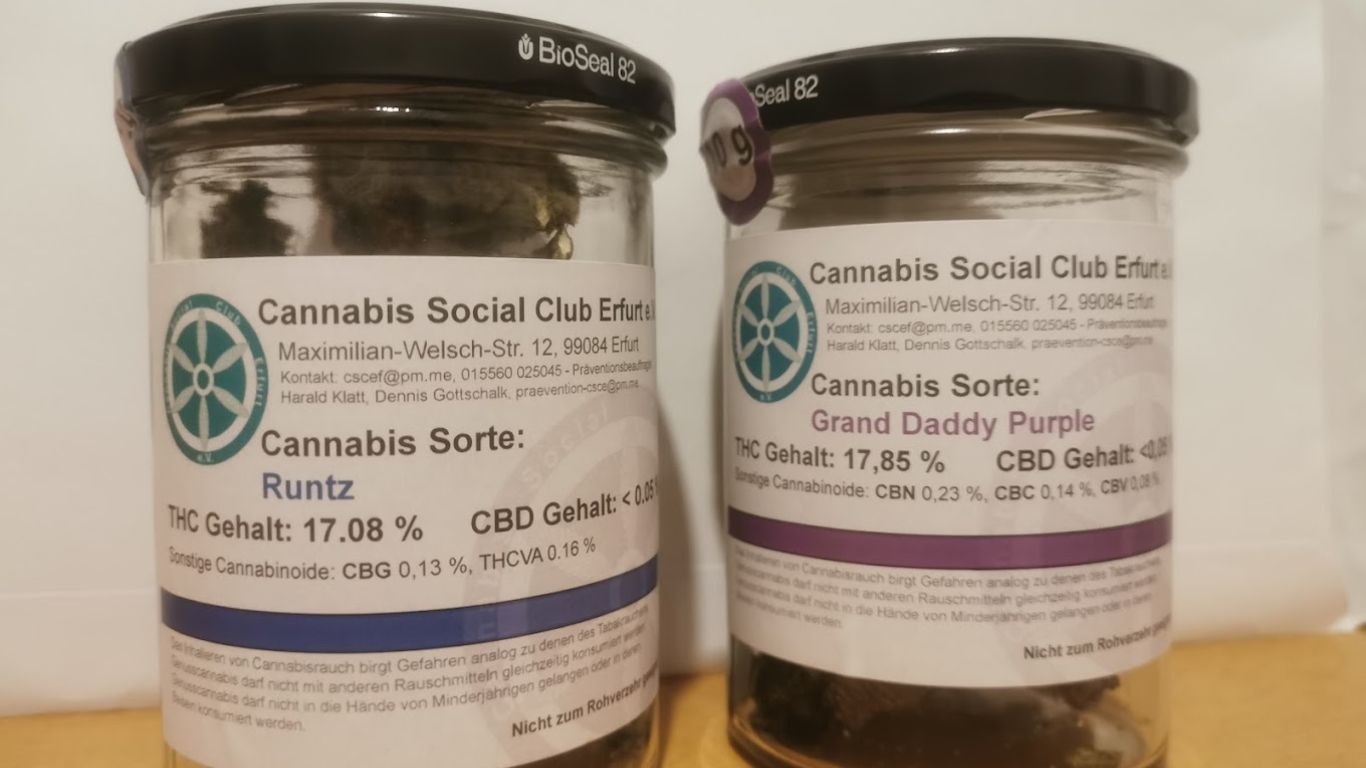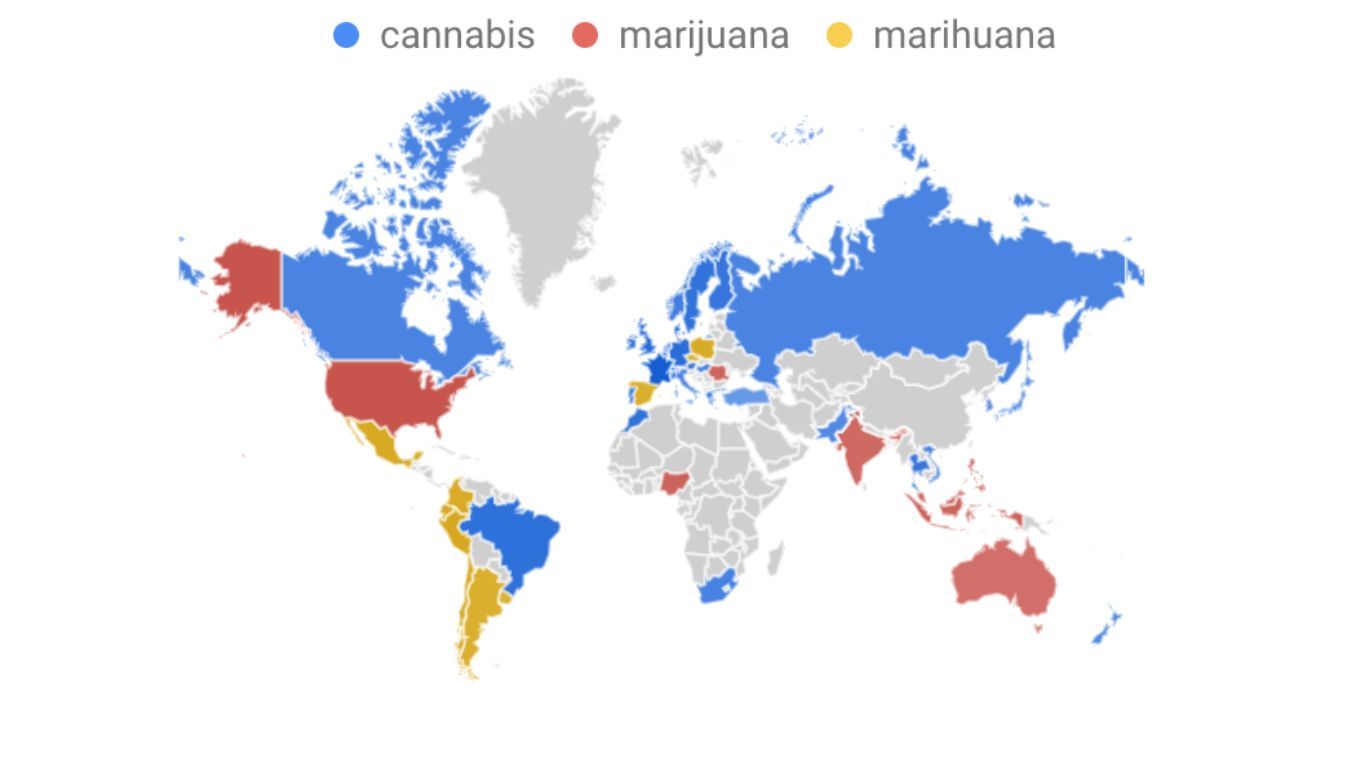
While Canada has federally legalized cannabis laws, lawmakers in the United States remain resolute on prohibiting marijuana on the national level. As such, each state must pass its own rules, creating a patchwork of regulations and a convoluted market altogether.
With two-thirds of Americans supporting reform, one might imagine that either candidate running for President would embrace federal legalization. For challenger and Democratic nominee Joe Biden, his reluctance towards legalization is proving to be a thorn in the side of some of the more progressive voters in his block.
However, others argue that legalization is a thorny subject that could result in Biden losing more conservative voters in a race where their support is crucial.
For Biden, a staunch supporter of the law throughout his career, cannabis poses a subject he has been one to evolve on, but at a gradual pace. However, as his policy rollouts indicate, that pace may be accelerating to a degree.
Joe Biden’s Recent Cannabis Policy Stances
For someone who has dug their heels in on resisting cannabis reform for some time, Joe Biden is now taking steps towards expanding access and ending the drug war.
In recent years, Biden has called for cannabis to be decriminalized and supports record expungement. “He will decriminalize the use of cannabis and automatically expunge all cannabis use convictions, end incarceration for drug use alone, and expand effective alternatives to detention,” stated a campaign primer on Biden’s policy for Black Americans.
While the former Vice President supports federal legalization of medical cannabis, he isn’t going to do the same for adult use just yet. Instead, Biden would leave the decision up to each state as the current model allows.
Biden also called for expanded research to understand cannabis’ healing properties better. “A Biden Administration will prioritize the research needed to advance science-based federal policies related to the use of marijuana for medical conditions, chronic pain, and disabilities,” noted a Biden policy statement on pain management.
When Biden defeated progressive candidate Bernie Sanders, the two worked together on a unity task force to create a unified election platform. Some had hoped for the efforts to advance Biden’s views. However, in the end, the candidate’s cannabis policies remained the same.
Biden’s stances do not satisfy legalization proponents. However, he is likely to cater to the interests of those who are interested in medical cannabis or have just recently supported the movement themselves. Some of Biden’s other recent positions, however, appear to be rehashings of antiquated methodologies.
During a speech in September, Biden trotted out his usual campaign points, including the views mentioned above. When discussing drug convictions of any kind, Biden stated that a person should not go to jail, but should be sentenced to mandatory rehab. Additional rehab facilities would be built under his plan, with offenses being cleared after a completed rehab stay. It was not clear if cannabis was included as a drug in this policy, or if it would be decriminalized.
Opinions Split On Cannabis Reform and Biden’s Policy Towards It
With Americans predominantly supporting cannabis, one might assume it is a clear must-add for Biden’s platform. While many in cannabis and political spheres would agree, others are urging caution.
Kris Krane, President of multi-state operator 4Front, penned an article for Forbes in June 2019 where he said Biden’s cannabis policy could be seen as a gift in the general election. Krane chided Biden for not going too far when rolling out his decriminalize and automatic expungement plan.
Krane wrote, “A Biden candidacy could provide President Trump with a golden opportunity to own this issue, and the political spoils that come with it. After all, a candidate like Joe Biden, who will be an octogenarian by the time he completes his first term in office, is not the most inspiring choice for these same young voters who overwhelmingly support bold reform measures for cannabis policy.”
So far, President Trump has done little to seize on the issue. While that may not have come to fruition, progressive voters have remained mostly lukewarm on Biden’s cannabis stances.
The calls for evolution came from the voters as well as one Congressional leader. In August 2020, California Representative Barbara Lee welcomed the announcement of Senator Kamala Harris as his Vice President. Among the reasons cited, Rep. Lee said Harris’s evolution on cannabis reform was one Biden had not come around to just yet.
“But just as President Obama evolved around marriage equality, Joe Biden’s gonna have to evolve around legalization,” stated Rep. Lee.
Calls for Biden to address the issue have been prominent in particular political and advocacy circles. Opposition has been voiced, including from those who believe the issue could present risks. Recently, Politico’s Natalie Fertig and Paul Demko spoke to those who think the matter’s timing could create questions for voters.
When discussing the planned September MORE Act vote in the House of Representatives, they wrote, “But some pollsters say the House vote could muddle the party’s message with just weeks to go before Election Day, especially considering that Biden isn’t on board with blanket marijuana legalization.”
Cannabis Policy Under President Joe Biden
If elected, Joe Biden’s policy would be expected to, at least, fulfill the proposals laid out on several campaign webpages, interviews and stump speeches. Legalization advocates are likely to continue pressing Biden to go beyond the stated promises and come around on passing federal adult use laws.
What could be more telling for the future of cannabis law in America is the Senate’s control. Currently ruled by the conservative Republican Party, Majority Leader Mitch McConnell is well-known for shutting down cannabis reform. If he and the Republicans remain in power into the next legislative session, reform will continue to face a difficult hurdle in the years ahead.
With just a few weeks left before Election Day, the world will soon have a clearer understanding of who will lead the United States for the next four years. Regardless of whoever wins, it is likely that the future of cannabis will remain uncertain to some degree for the foreseeable future.











